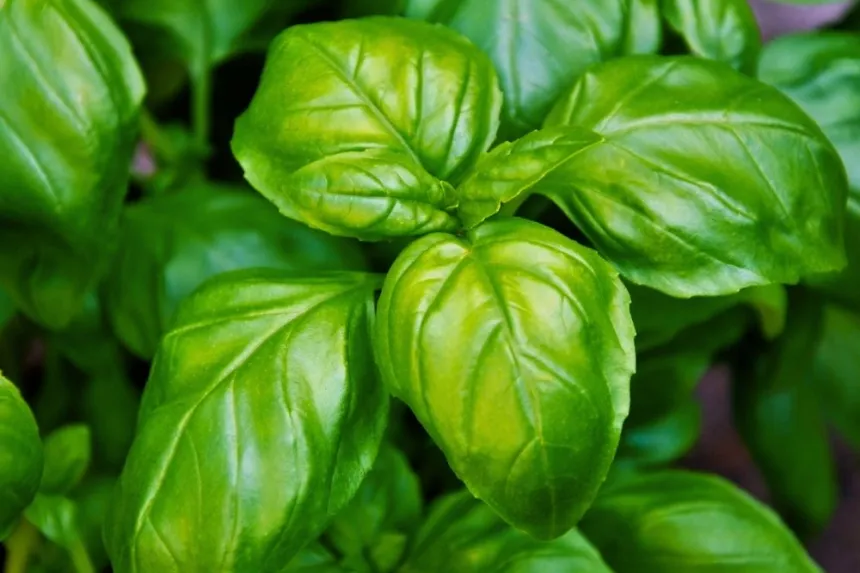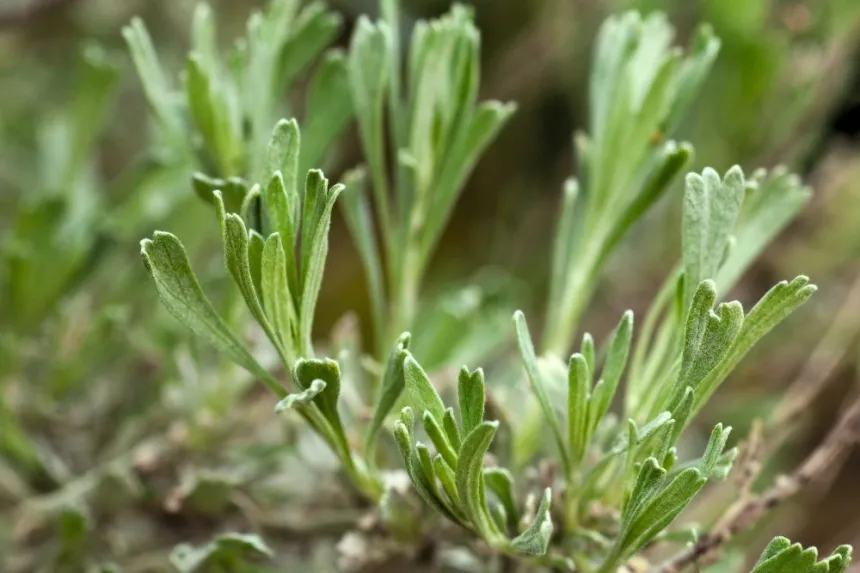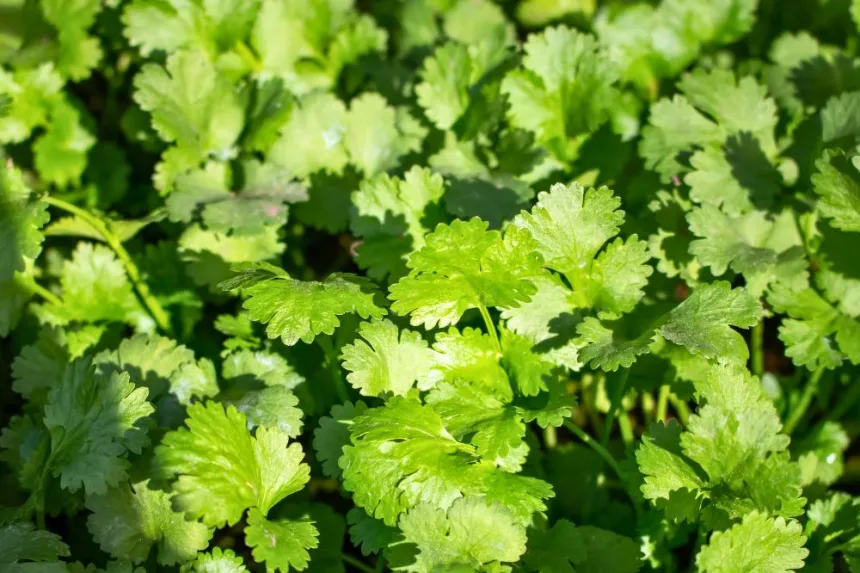Importance of plants in our nutrition and health.

Plants play a fundamental role in human well-being and the sustainability of the planet. From food to health, their contribution is undeniable and encompasses a wide range of benefits. Below, we will explore the relevance of plants in our lives, based on information provided by the Food and Agriculture Organization of the United Nations (FAO).
Plants as a Source of Food
Plants are essential for food production, as they provide the foundation of our diet. Fruits, vegetables, grains, and legumes are just a few categories of food that come directly from the plant kingdom. These products are not only vital for subsistence, but they are also sources of essential nutrients that our bodies need.
Essential Nutrients for Health
Plants are rich in vitamins, minerals, fiber, and antioxidants. These nutrients are crucial for the optimal functioning of our bodies. For example, fruits and vegetables are excellent sources of vitamin C, which boosts the immune system, and of fiber, which aids digestion. Whole grains, for their part, provide energy and are important for cardiovascular health.
Contribution to Biodiversity and Sustainability
In addition to their role in food, plants are fundamental for maintaining biodiversity and ecological balance. Plant ecosystems are home to countless varieties of animal and plant species that are crucial for food production. Conserving these ecosystems is vital not only for agricultural production but also for the well-being of future generations.
Read also
The Importance of Sustainable Agriculture
Sustainable agriculture is a response to current food and environmental challenges. It promotes practices that care for soil and water resources, ensuring that plants can continue to be a viable source of food in the future. Techniques such as crop rotation and the use of organic fertilizers are examples of how we can cultivate sustainably.
Use of Plants in Medicine
Plants are not only essential in our diet but have also been used in traditional medicine since ancient times. Many modern medicines have their origins in compounds derived from plants.
Examples of Medicinal Plants
Some plants, like chamomile and ginger, are recognized for their anti-inflammatory and digestive properties. Others, like ginseng and garlic, have been used in various cultures for their health benefits. This connection between botany and medicine underscores the importance of plants in our overall well-being.
Read also
Awareness of Plant Consumption
With the growing concern for health and the environment, more and more people are turning their attention to a plant-based diet. This not only reduces the carbon footprint but also promotes a healthier lifestyle.
Learning to Include More Plants in the Diet
Incorporating more plants into daily meals can be simple. Choosing fresh foods, cooking at home, and experimenting with vegetable-based recipes are some ways to improve health and contribute to the well-being of the planet.
Conclusion
In conclusion, plants are a fundamental pillar of our nutrition and health. They provide essential nutrients, contribute to environmental sustainability, and offer valuable resources in the field of medicine. The interaction between humans and plants is key to a healthy and sustainable future.
I invite you to continue exploring more interesting news on my blog, where we will continue discussing topics related to food and health. See you next time!











































